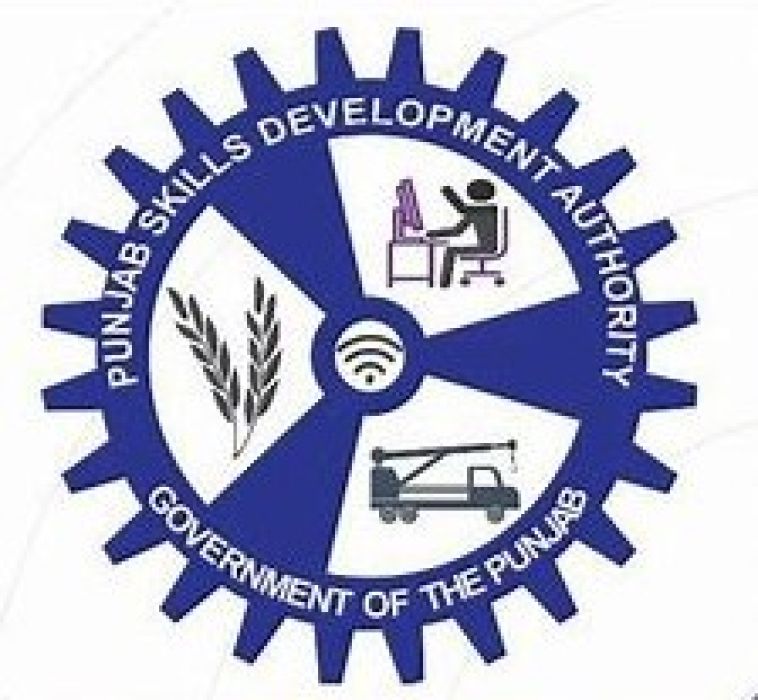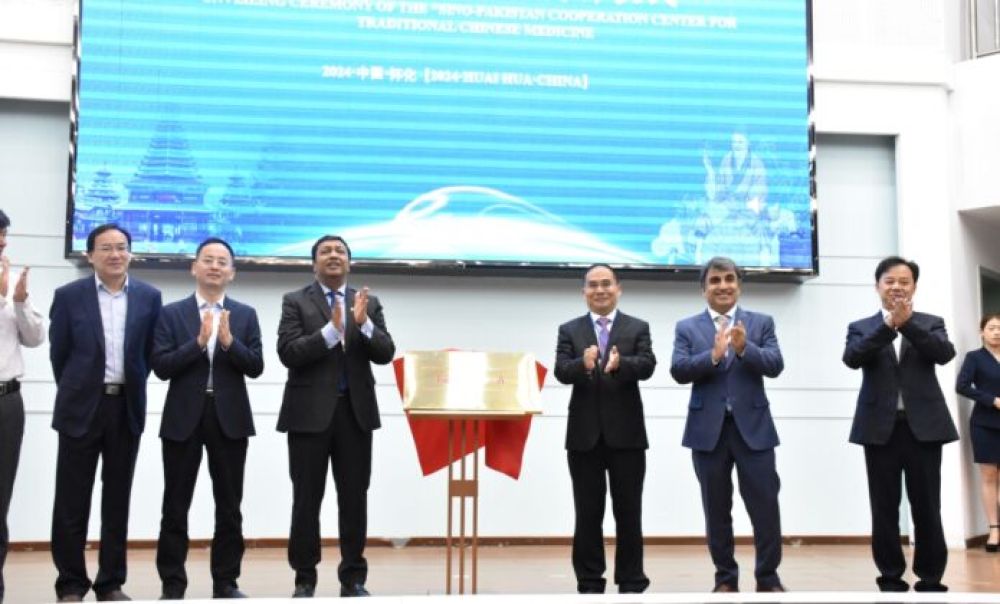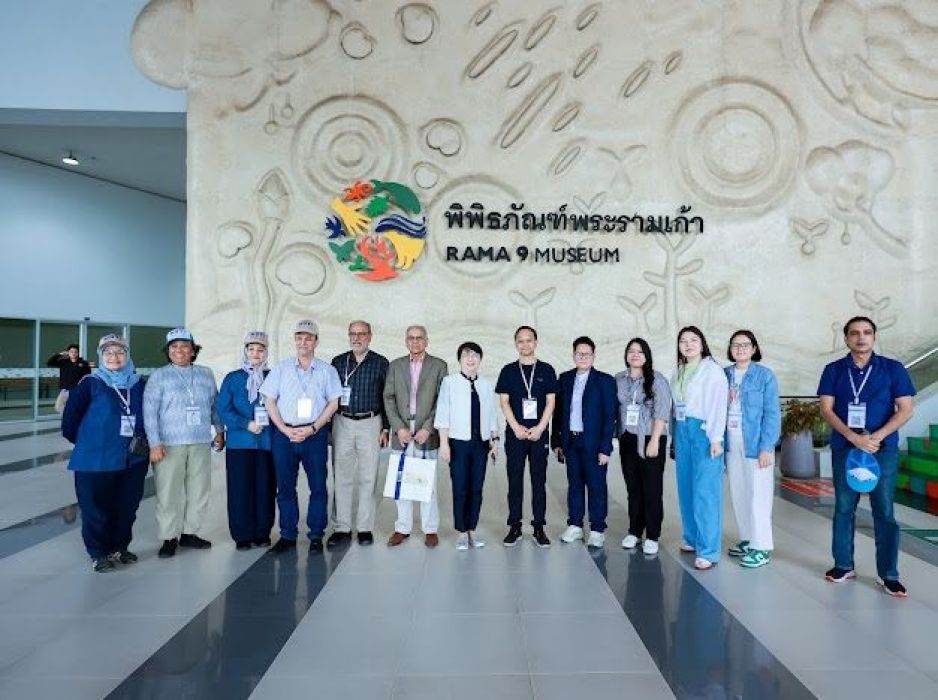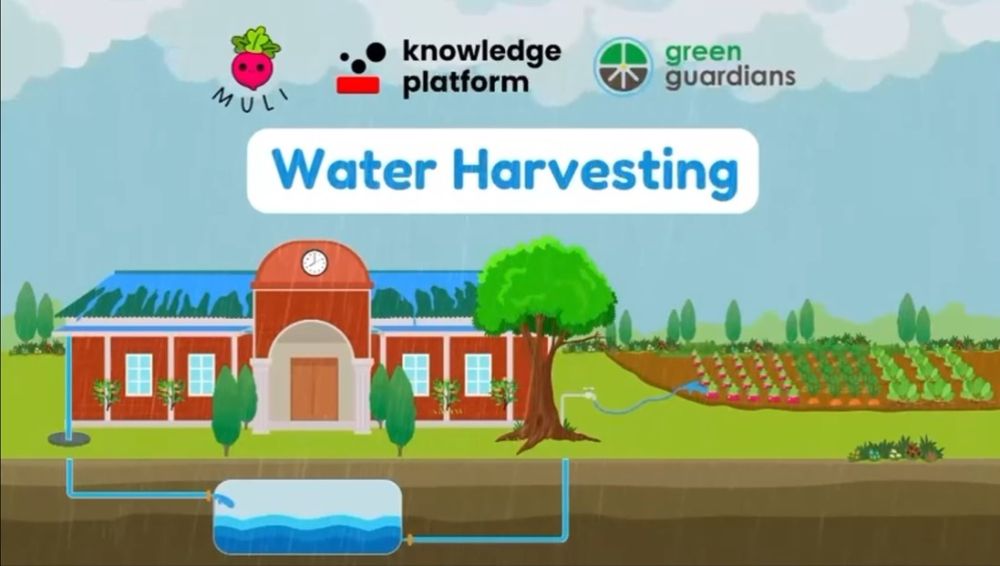60/25 Punjab Skills Development Authority (PSDA)
Posted 10 months ago
The Punjab Skills Development Authority (PSDA) is a pivotal institution in Pakistan's most populous province. Its vision is "To effectively regulate and manage the TVET sector of Punjab to produce quality skilled workforce and narrow the existing gap between demand and supply of skills in a growing economy." Established through legislative action on February 27, 2019, and officially notified on September 30 of the same year, the PSDA serves as the apex regulatory body for the Punjab's Technical and Vocational Education and Training (TVET) sector.
Empowering the Workforce: The PSDA's Role in Shaping a Bright Future for the TVET Sector
The PSDA's mission is to effectively regulate and manage the TVET sector to produce a quality skilled workforce and narrow the gap between the demand and supply of skills in a growing economy. By providing a transparent, user-friendly, and facilitative environment to both public and private technical and vocational training institutes, the PSDA aims to promote and regulate technical education and vocational training across Punjab.
A notable initiative of the PSDA is establishing an automated registration portal, streamlining the registration process for TVET institutes. This system ensures that institutions meet standardized criteria, enhancing the quality of education and training. Such measures are instrumental in fostering a competent workforce ready to meet the challenges of modern industries.
What are the challenges of PSDA?
Despite its commendable objectives, the PSDA has faced significant challenges in its regulatory endeavors. A province-wide survey revealed the existence of 633 unregistered and unrecognized private technical and vocational institutes out of a total of 1,056 operating in Punjab. These unauthorized institutions have been accused of misleading students and instructors, often operating without adherence to standardized guidelines. In response, the PSDA initiated actions to either shut down these institutes or bring them into compliance through proper registration.
The proliferation of unregistered skills providing institutes underscores a critical issue: the gap between regulatory frameworks and on-ground realities. While the PSDA's efforts to clamp down on unauthorized institutions are necessary, they also highlight the challenges in monitoring and enforcing compliance across a vast and diverse educational landscape. Moreover, the existence of ghost institutes allegedly drawing millions in grants without delivering tangible training outcomes points to systemic vulnerabilities that require robust oversight mechanisms.
Futuristic Directions: The Crucial Role of the PSDA in Aligning Skills with Emerging Market Demands
Looking ahead, the PSDA's role in aligning technical and vocational training with market demands is crucial for Pakistan's economic development. By fostering collaborations between training institutes and industries, the PSDA can ensure that curricula are tailored to the evolving needs of the job market. Additionally, integrating technological advancements into training programs will equip the workforce with relevant skills, enhancing employability and productivity.
Furthermore, expanding outreach to rural and underserved areas will democratize access to quality technical education, promoting inclusive growth. By addressing the challenges of unregistered institutes and ensuring strict adherence to quality standards, the PSDA can build trust among stakeholders and position Punjab as a leader in skill development.
According to Prof. Dr. Muhammad Mukhtar, Founding Vice Chancellor of the first public sector skill-providing university in the capital city of Islamabad, the Punjab Skills Development Authority stands at a critical juncture in Pakistan's economic resilience and growth pursuit. By effectively regulating the TVET sector, addressing existing challenges, and proactively aligning training programs with market needs, the PSDA can play a transformative role in shaping a skilled workforce ready to contribute to national and global economies. The journey ahead requires unwavering commitment, strategic collaborations, and an adaptive approach to the ever-changing dynamics of the labor markets inside the country and abroad.





